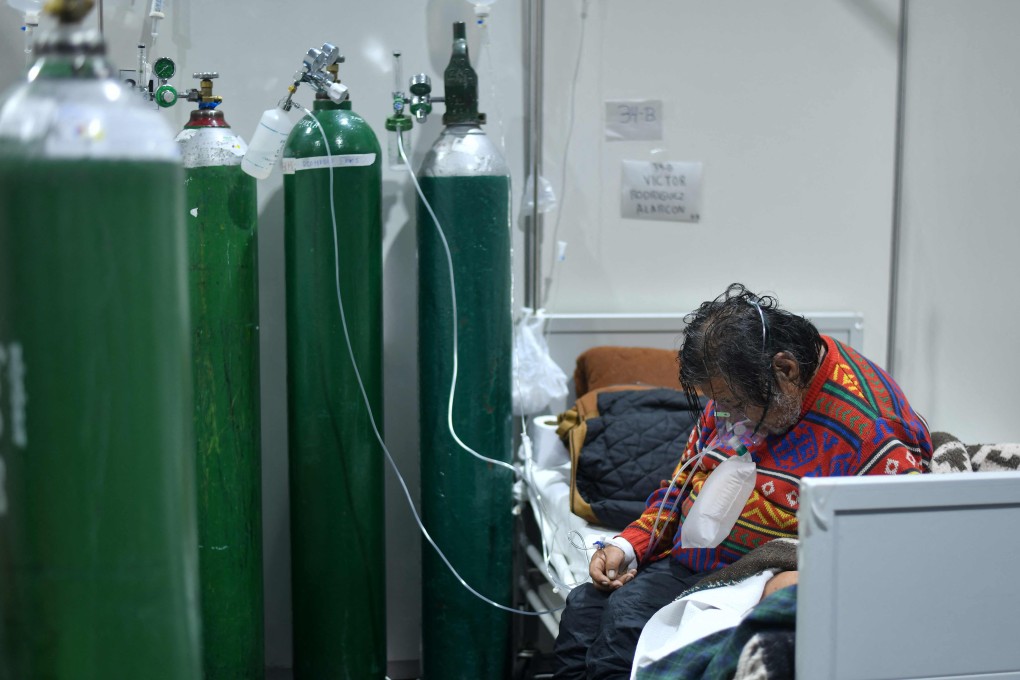Researchers strain to stay ahead of Covid-19 variants in pandemic race
- Understanding how the virus is mutating is critical to reducing the spread of the disease, according to experts
- Variants like Lambda and Epsilon highlight the different ways the novel coronavirus can change

While virus mutations are natural, understanding whether some new variants are improving the pathogen’s ability to spread, infect or reduce the effectiveness of vaccines is a key part of pandemic control. Health experts agree that vaccinations and other measures to reduce disease spread are critical to blocking new strains emerging.
Lambda was first identified in Peru, gaining a foothold in parts of South America, and has turned up in at least 29 countries in recent months. It was added to the World Health Organization’s watch list of “variants of interest” on June 14.
According to the WHO, Lambda carries a number of mutations that suggest a potential for increased transmissibility and resistance to immune defences, but the agency said more study was needed to understand the threat of this variant and others in circulation.
Whether Lambda can “outcompete the highly infectious Delta variant in actual community transmission” needs more investigation, said Thomas Preiss, a professor specialising in genome sciences at the Australian National University.
Infectious disease specialist Maria Van Kerkhove, the WHO’s lead technical official for Covid-19, said more analysis of viruses was needed globally to understand how they were changing.
Lambda would not be upgraded to a “variant of concern” unless it proved to have a trait such as increased transmissibility or severity, or had an impact on countermeasures, like testing and vaccines, she said.